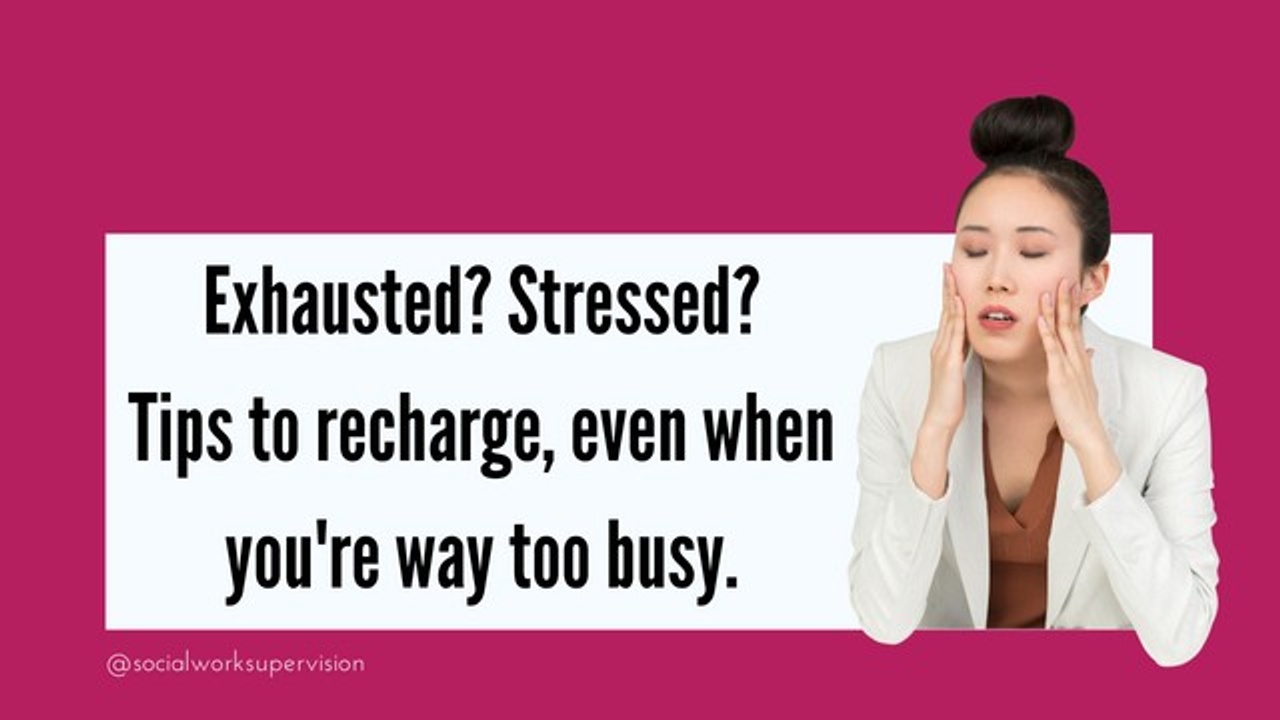7 Tips for When You're Exhausted But Have Work to Do

*None of these ideas should be used as a substitute for advice from a medical professional.
1) Go to bed early
I would've rolled my eyes at this until the last 2 years. When I was pregnant I was exhausted. Now that I have a young child, I continue to be exhausted. I'm a lifelong night owl, who now crawls into bed to read no later than 10pm. Lights off no later than 10:30pm. This is how I survive. As my fellow Denver therapist, Kate Daigle says, "I'm a sleep enthusiast" and going to bed early has made all the difference in my life.
2) Limit screen time
You NEED to stop staring at your phone or the tv right before you go to bed. PLEASE STOP! Research has shown that ending screen time at least 30 minutes before you go to sleep helps your brain catch the clue that it is time to sleep. If you can put the tech down, you'll probably sleep better!
 Photo by Umberto Del Piano on Unsplash
Photo by Umberto Del Piano on Unsplash
Design an evening or bedtime routine that you love. Some of my sleep hygiene tasks are washing my face, brushing my teeth, drinking herbal tea and reading a paperback or hardcover book. (Remember, no screens!)
4) Be careful with caffeine
This is a hard one for me. When I'm dead tired during the day, coffee is my BFF. I've learned that drinking coffee after 1pm is super disruptive to my sleep. I can switch to iced tea, but I usually try to be done with all of it by 1pm. Spend a couple days monitoring your caffeine intake. You'll know what you need to do once you see the whole picture of your caffeine habit.
5) Make changes in your schedule
At least for now. If you're struggling with fatigue, saying no to unnecessary activities can be a lifesaver, even if you're missing out on some fun. This doesn't have to last forever. But you need time to do your work, get some sleep and maybe see a doctor if the problem persists. Give it a try for a couple weeks and see how you feel.
Think about what parts of your work are most important to do right away. Client meetings, clinical notes, billing and returning emails/calls top my list. Anything else can wait, at least for a bit. Sometimes this means I get behind on filing, or I don't get articles like this written. Sometimes my office is messier than I prefer. Oh well. I will get to those things later. Sometimes getting home and getting rest are just more important.
(Pro Tip: Use an Eisenhower Matrix to prioritize your to-do list.)
 Photo by Gautam Krishnan on Unsplash
Photo by Gautam Krishnan on Unsplash
7) Get some time away from the office
First, I want to acknowledge that this is truly easier said than done. Taking time off for a vacation is a huge privilege. If you can swing a vaca, by all means, do it! For others, this might mean taking a mental health day. Planning a stay-cation. Some might need a day to work at home to get caught up on priority work. It isn't easy to be away from the office in many social work jobs. See how creative you can get and loop your supervisor in for help.
What are some ways you can create a work-life balance for yourself? Comment below and share!
This article was originally posted on 4/28/2021. See original publication here.


